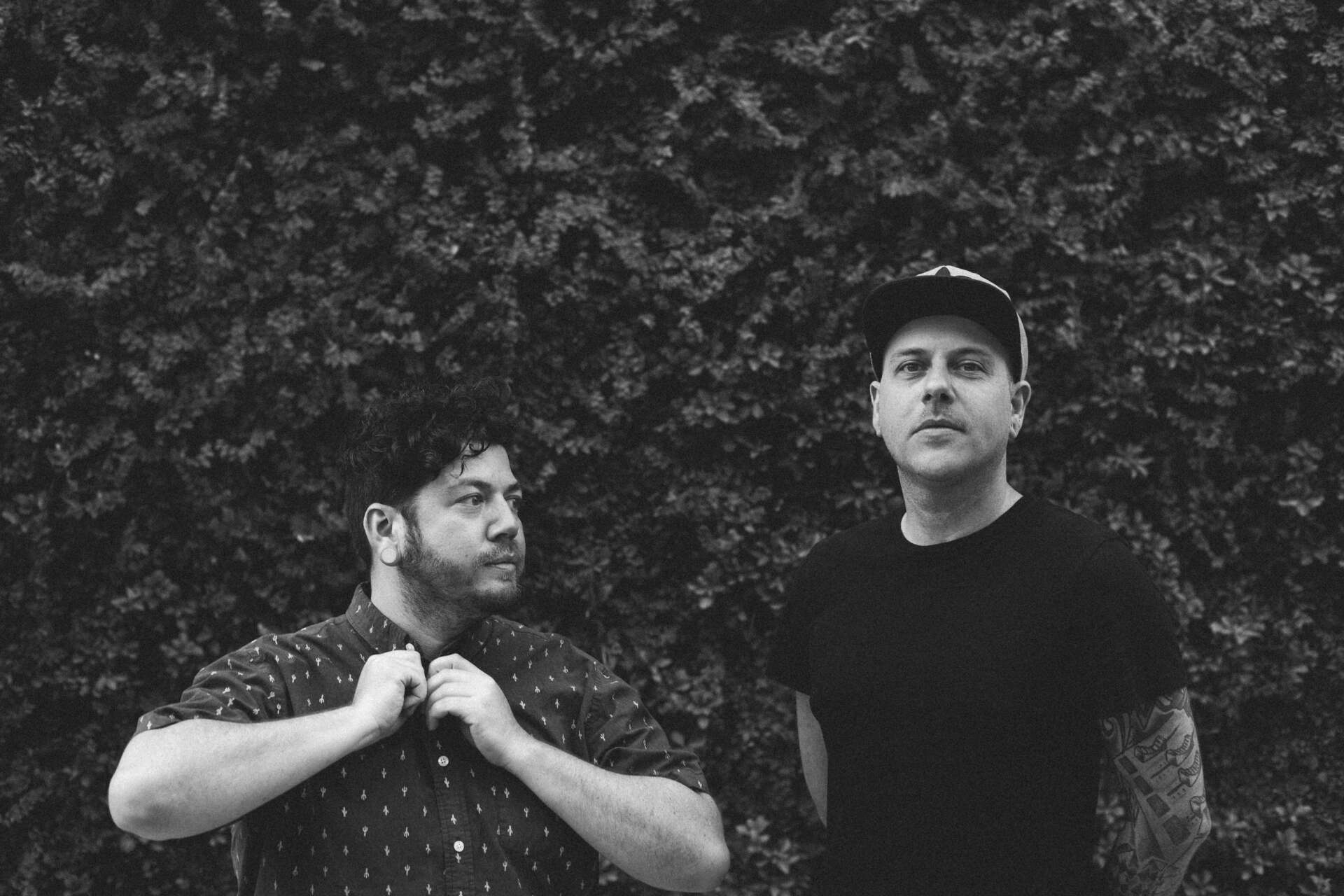Alright – so today we’ve got the honor of introducing you to Bronze Whale. We think you’ll enjoy our conversation, we’ve shared it below.
Bronze, appreciate you joining us today. Have you been able to earn a full-time living from your creative work? If so, can you walk us through your journey and how you made it happen? Was it like that from day one? If not, what were some of the major steps and milestones and do you think you could have sped up the process somehow knowing what you know now?
The ebb and flow of creative work can be a tricky space to earn a full time living. Both Aaron and myself spent many years in different variations of having day jobs and doing sessions at night, committing most days to music while taking on part-time work, and ultimately being full time musicians. Being a self-employed full time creative is definitely a leap of faith. Aaron decided to make the jump a year or two before myself (Benny), and in the end, paved the way for my departure from my other ventures. I had left the corporate world in 2018, and begun doing some personal assistant work for a few friends. Between 2018-2020, I had whittled this line of work down to only several hours a week, but still couldn’t let go of the comfort that came from guaranteed income to cover my bills. At this point our music was already earning us anywhere from 2-4x my side jobs, but I always wondered “What if it stops coming in?” In the end, it really came down to financial management. We knew we would have amazing months, and bad ones. We knew we’d have various services, tools, a CPA, and many more expenses each year, but they weren’t unexpected. Once we were able to clearly define all of the different aspects of our career, financial needs, and what we each needed (at minimum) each month, decision making within our project regarding what content to make, and what items to purchase became so much clearer. We wondered why we hadn’t done it years before. Leaving a job that with a ceiling for one with unlimited growth potential and fully under our control has been one of the most rewarding parts of this journey. Knowing that our energy is being put into something that is wholly ours each day is what we always dreamed about, and the byproduct of that extra time and energy was a lot more growth.
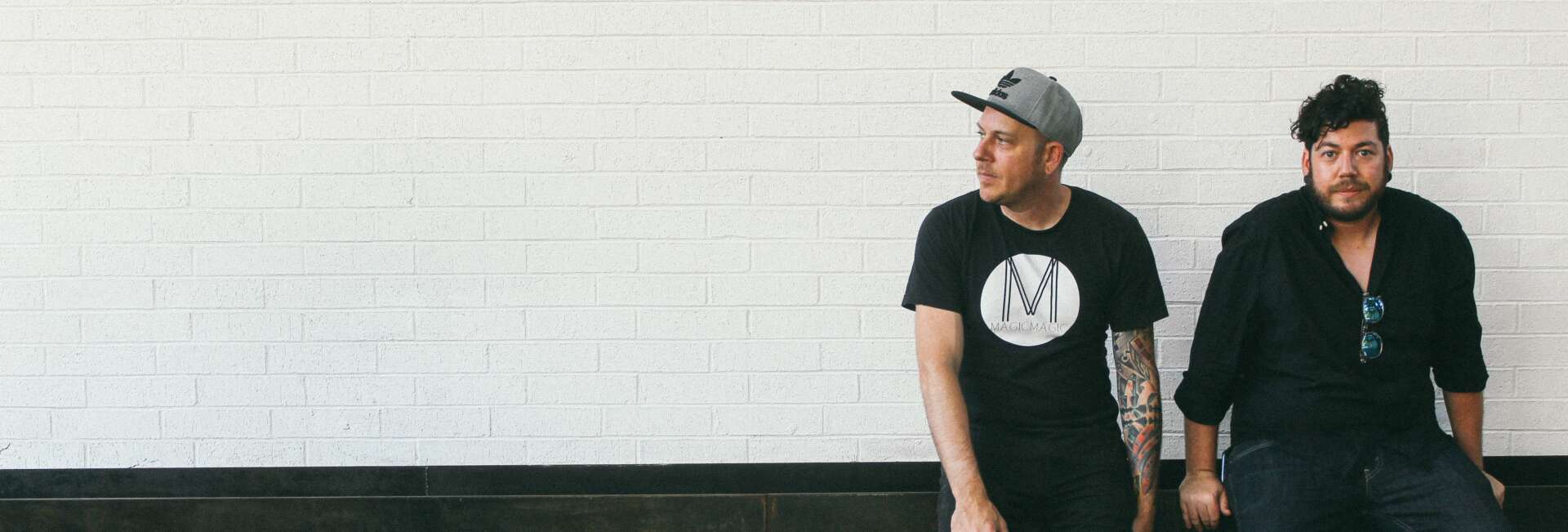
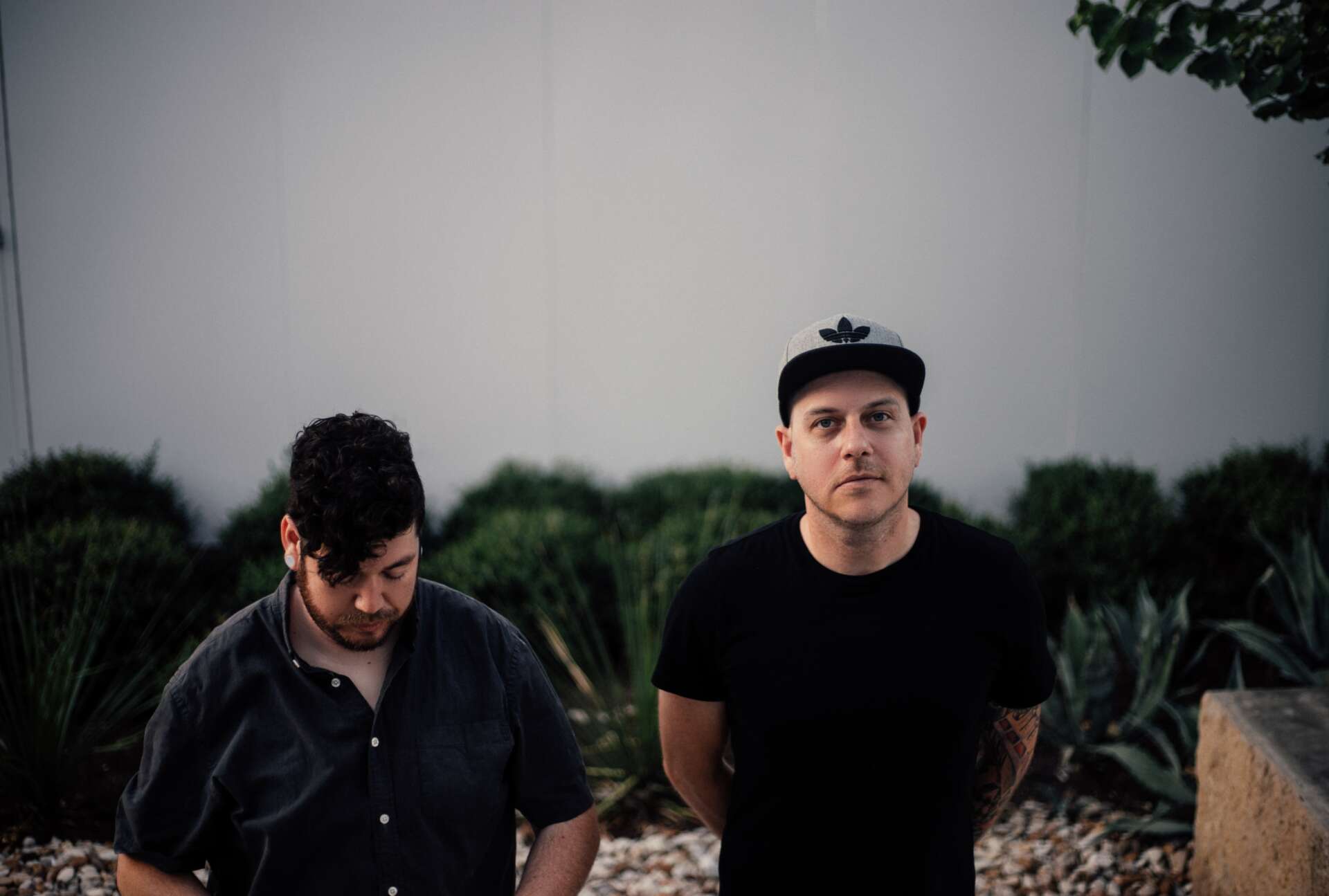
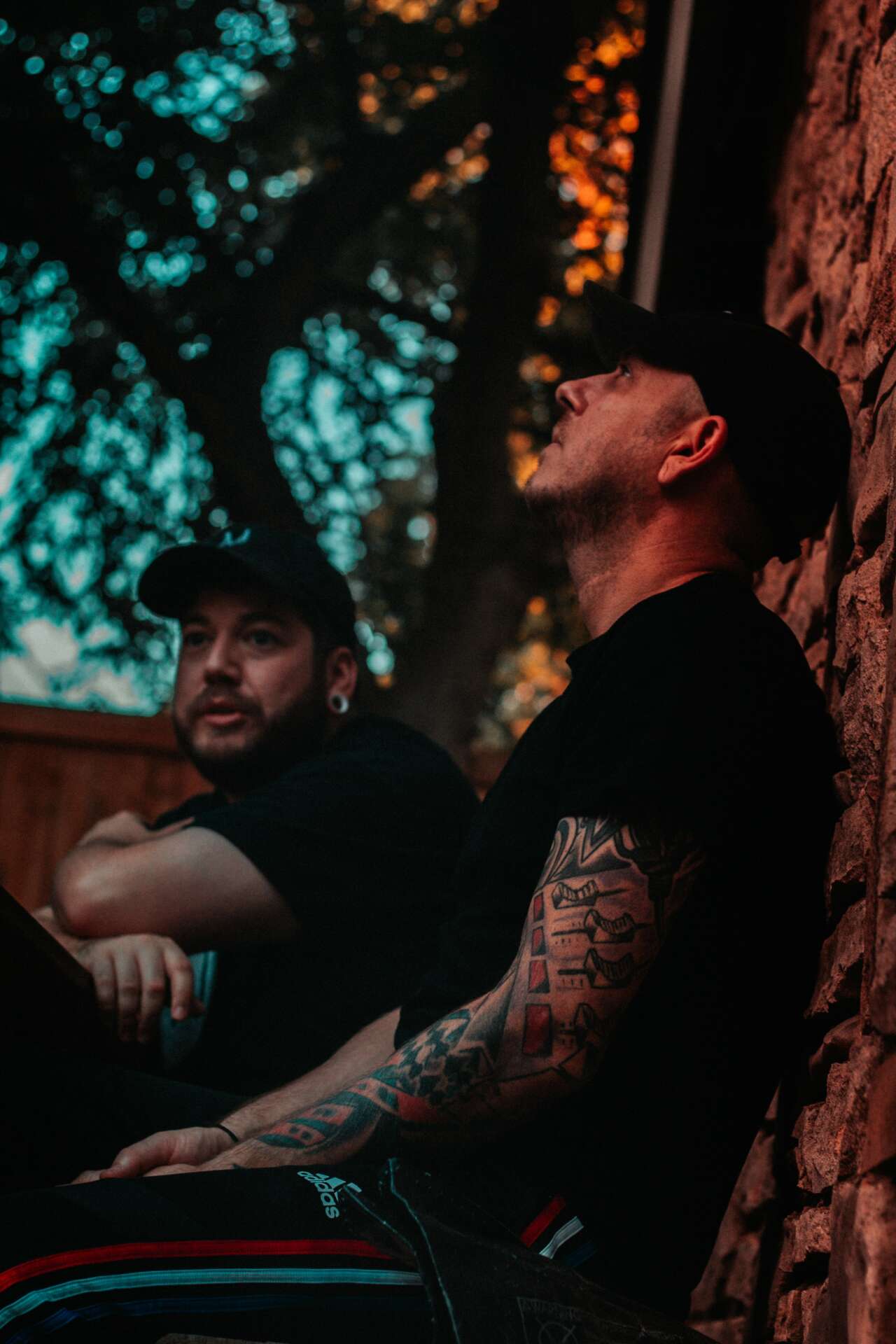
Great, appreciate you sharing that with us. Before we ask you to share more of your insights, can you take a moment to introduce yourself and how you got to where you are today to our readers
We met in late 2011 and connected on a lot of things. At the time Aaron was running a music studio in central Austin, and had been performing/producing under “Jaques” for several years prior. Initially we collaborated on a music blog Aaron had started called The Waxhole, and to product remixes together for fun. Our style was always meant to be fluid as the project was just about us exploring, Benny learning (at the time he had no production background), and having a good time. It was apparent early on that even with all of the genre bending that was occurring, the constant was dark emotional melodies and feelings. It was always important for us to make music that people could really spend time with and find their own meaning within. As the project progressed, and we truly found our voice, we always maintained that need to push genres and not be defined as one sound or style.
Can you share your view on NFTs? (Note: this is for education/entertainment purposes only, readers should not construe this as advice)
We’ve been very excited to watch the progression of blockchain technology, specifically in how it relates to music ownership, distribution, and streaming. It seems that the momentum has already shifted in the direction of blockchain technology having a stronghold in the future of finance and digital asset ownership. Since music is largely digitally distributed, the concept of NFTs fits in nicely with integration of art and the web3 ecosystem.
There has already been a lot of promising projects and infrastructure we’ve come across, but a lot of benefit and use-ability really just boils down to adoption, especially when it comes to distribution and streaming platforms. Imagine being able to buy an NFT which grants you rights to a percentage of royalty ownership of a song. Just by owning it, you would get paid if the song performs well commercially. The artist can also opt to retain a percentage perpetually and sell as much of it as they want. It is a super interesting idea that would give more power to the artist and the fans simultaneously.
Overall we see a lot of upcoming benefit within these tools, and do our best to stay educated with projects we feel could benefit our career.
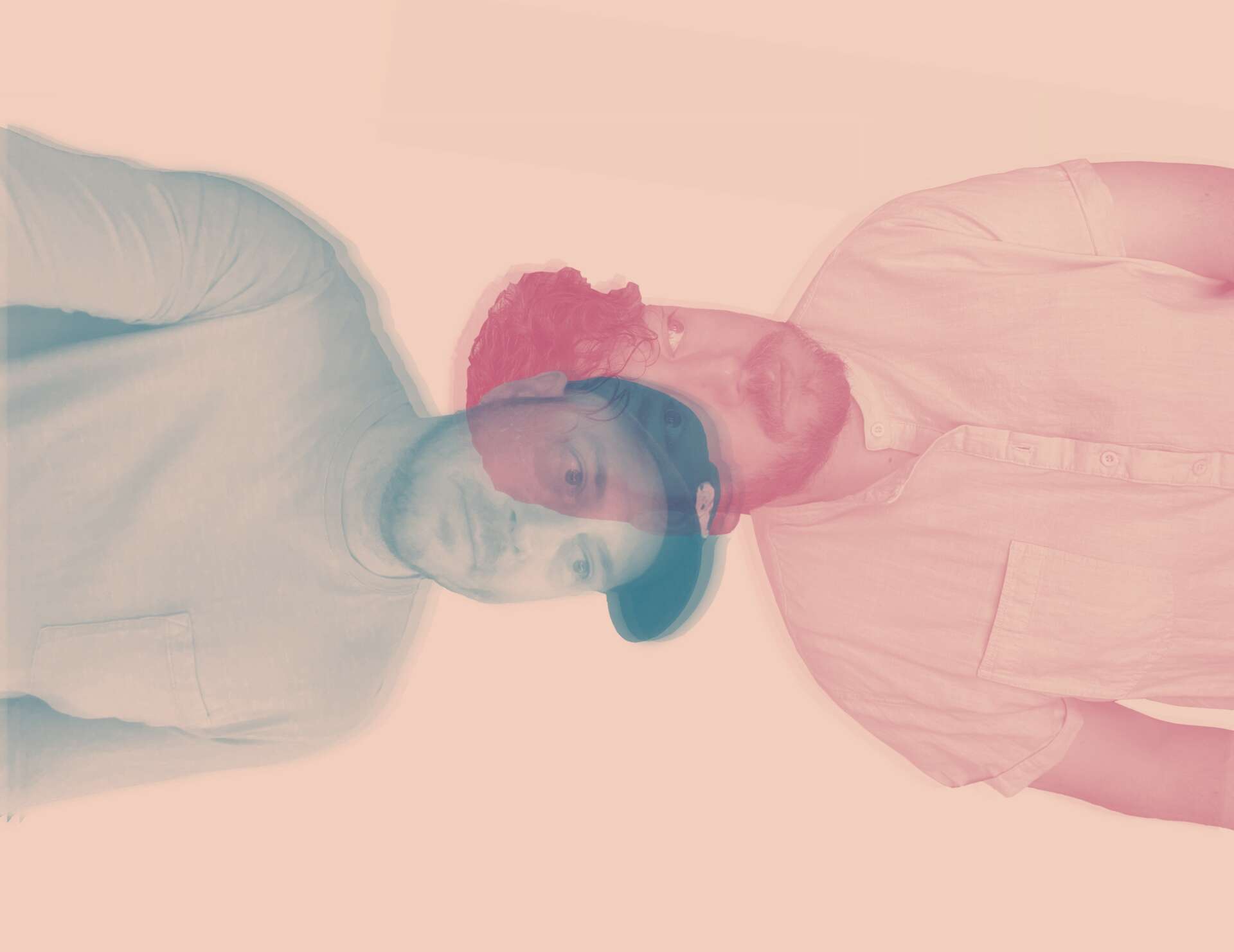
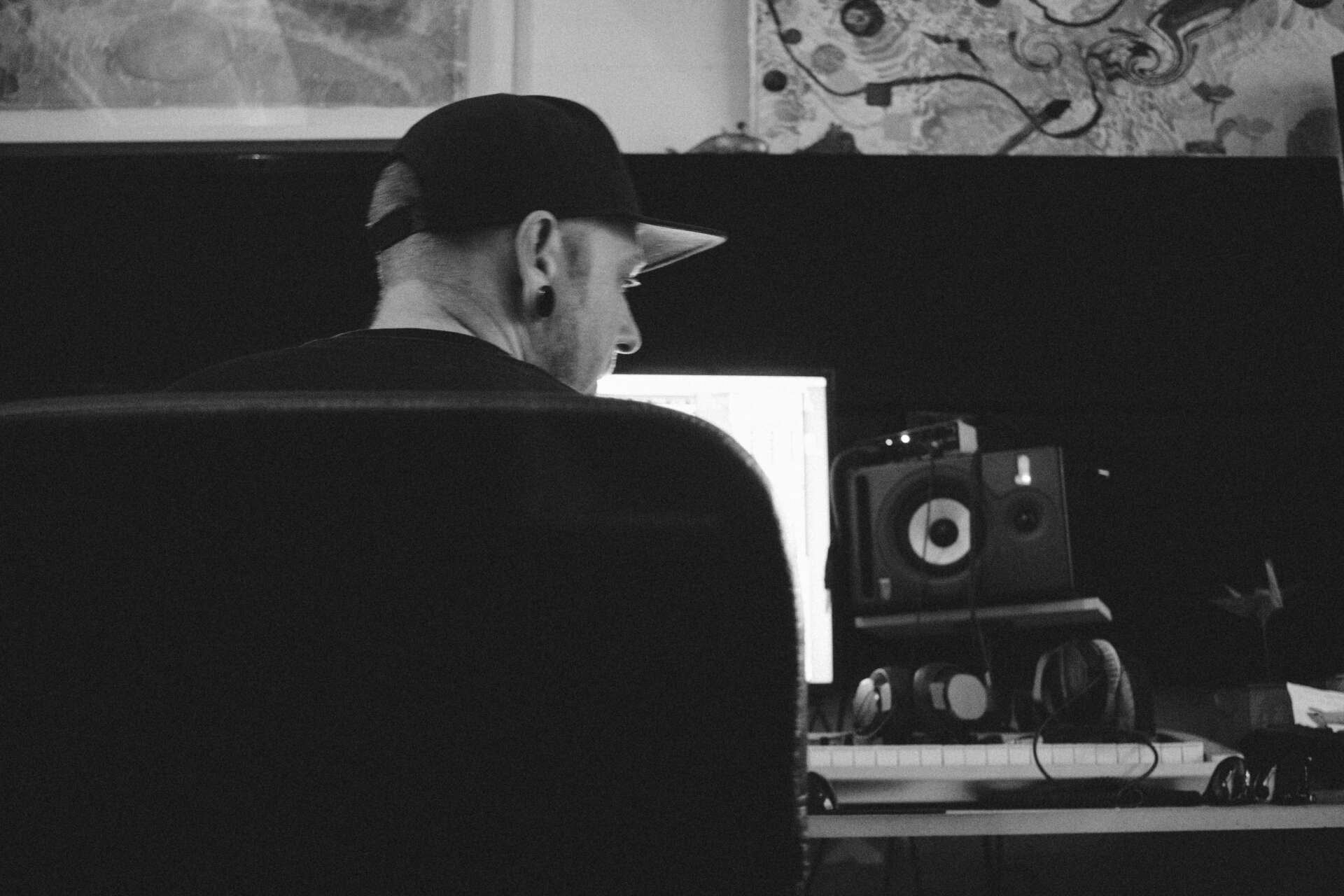
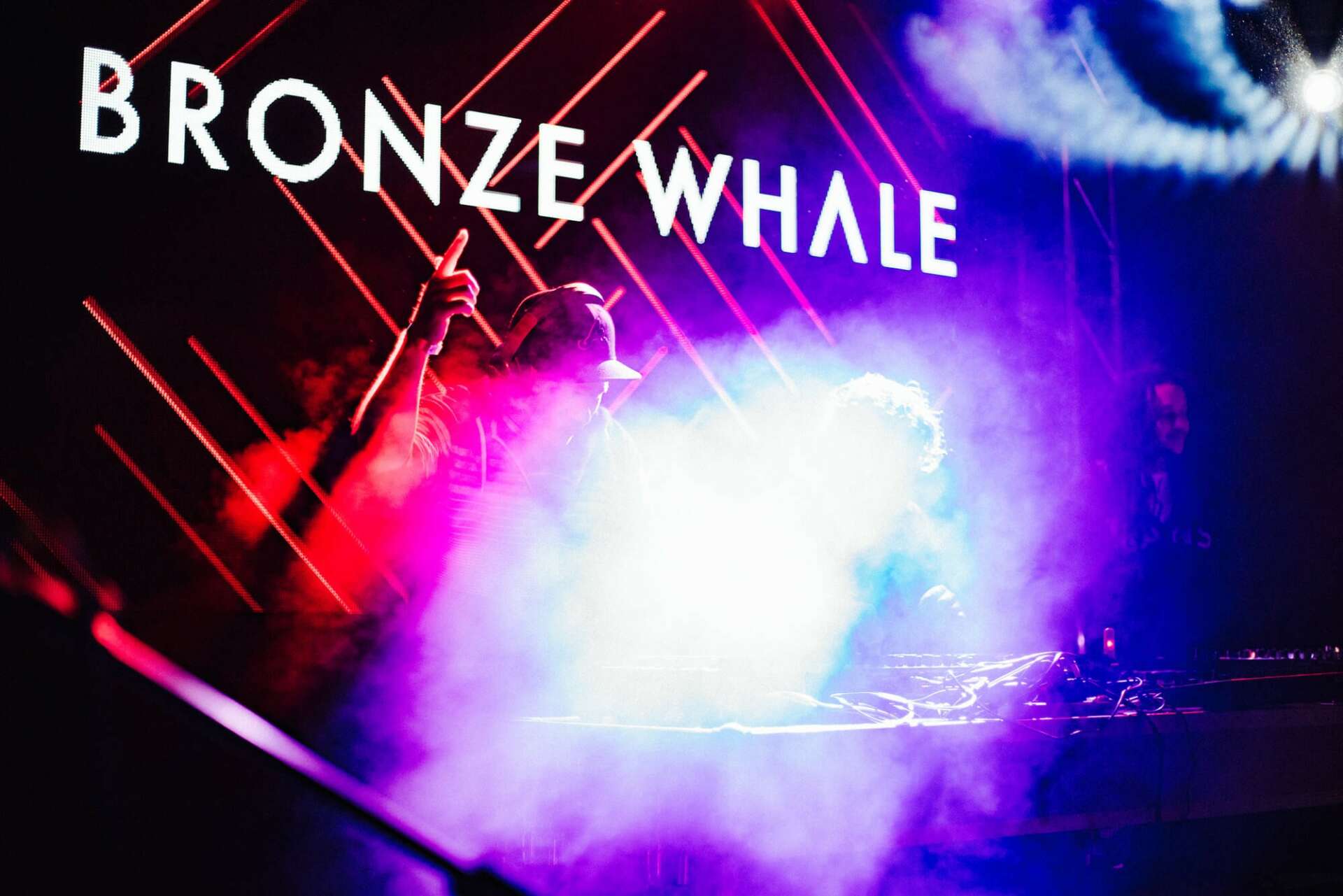
Are there any resources you wish you knew about earlier in your creative journey?
Self-management can be incredibly tedious, expensive, and at times really cut into the creative process. That being said, even if you are not managing yourself, or are seeking outside assistance, we have always believed it is incredibly important to seek as much information about your industry as possible. Not only will this help you be more effective and efficient in building your career, but give you the insight necessary to clearly outline what you need out of the people on your team, and ensure they are providing the right work and direction for your career. Aaron and I have used our record label to try and empower smaller artists to manage their career (to a degree). Early on we were afforded a lot of industry resources. We had a large management company, a well known booking agent, and lots of requests from record labels for official releases & remixes. We began to rely on these networks to manage so many aspects of our career that we couldn’t even tell how much their delays, notes, advice, and percentages were suffocating our growth.
In the end, we decided to shed these relationships, and attempt to truly learn as much of our business as possible. We worked directly with a financial manager to make sense of our costs and earnings, which allowed us to make better decisions on what advertising, merchandise, and tools benefitted us. We began using software like Trello to collect our music, provide visibility to our teams, and have hard processes to our releases that we could replicate. We spoke with music blogs, radio hosts, official playlisters, and music venues directly, and began fostering and sustaining long-term relationships with other members of our industry. We educated ourselves on services such as HAAM , the Austin BMI office, and the Texas Music Office, that could provide resources, insights and connections.
It’s a lot to take on, and we always could use more help. But in knowing our career, and what we want out of it, we are better prepared to make the right decisions.
Contact Info:
- Website: https://bronzewhale.com
- Instagram: https://bronzewhale.com/instagram
- Facebook: https://bronzewhale.com/facebook
- Twitter: https://bronzewhale.com/twitter
- Youtube: https://bronzewhale.com/youtube
- Other: https://bronzewhale.com/stream https://bronzewhale.com/tiktok


